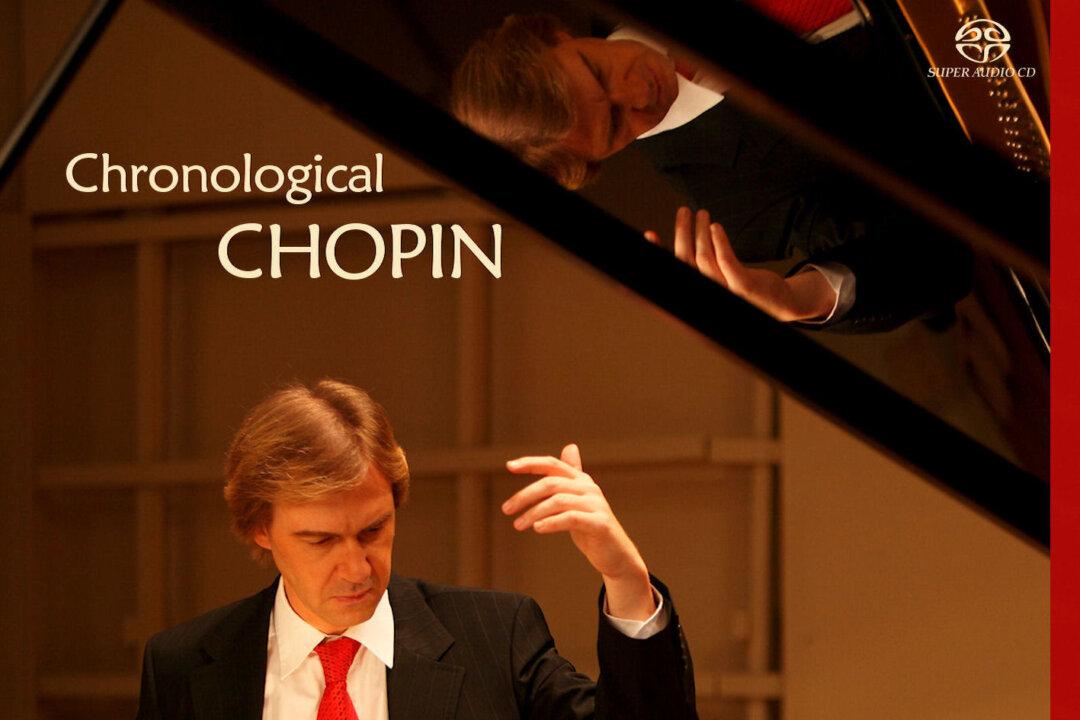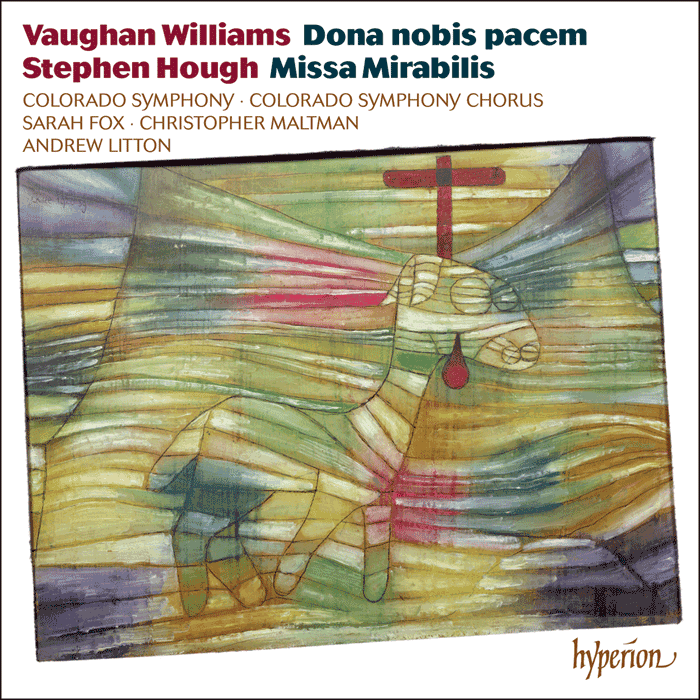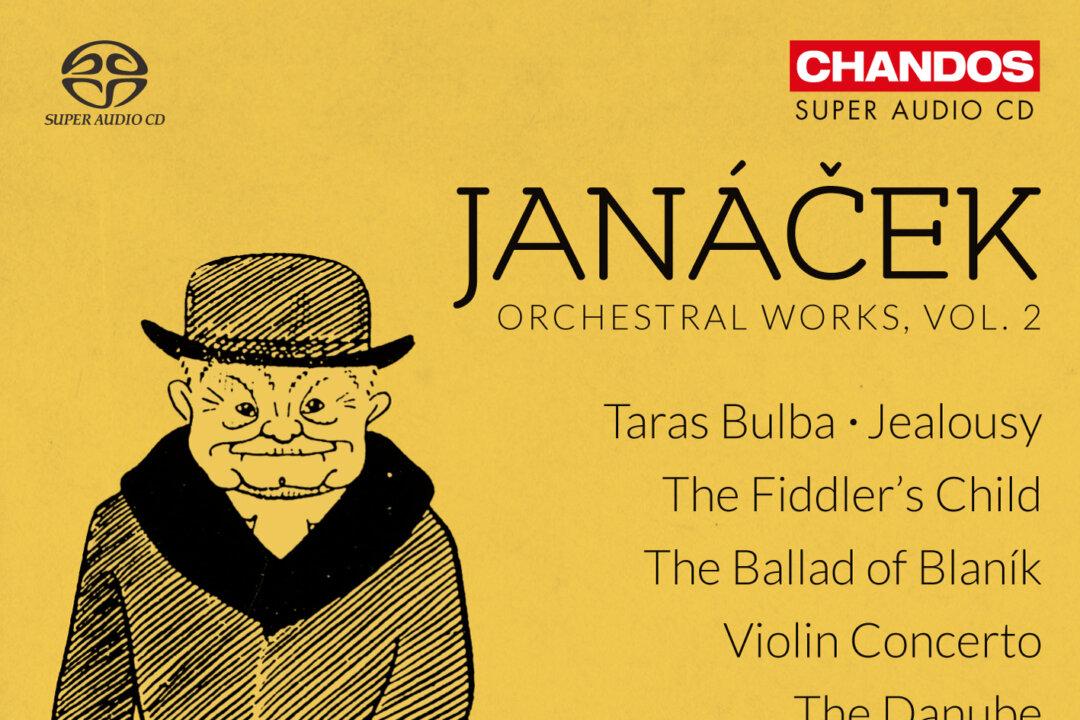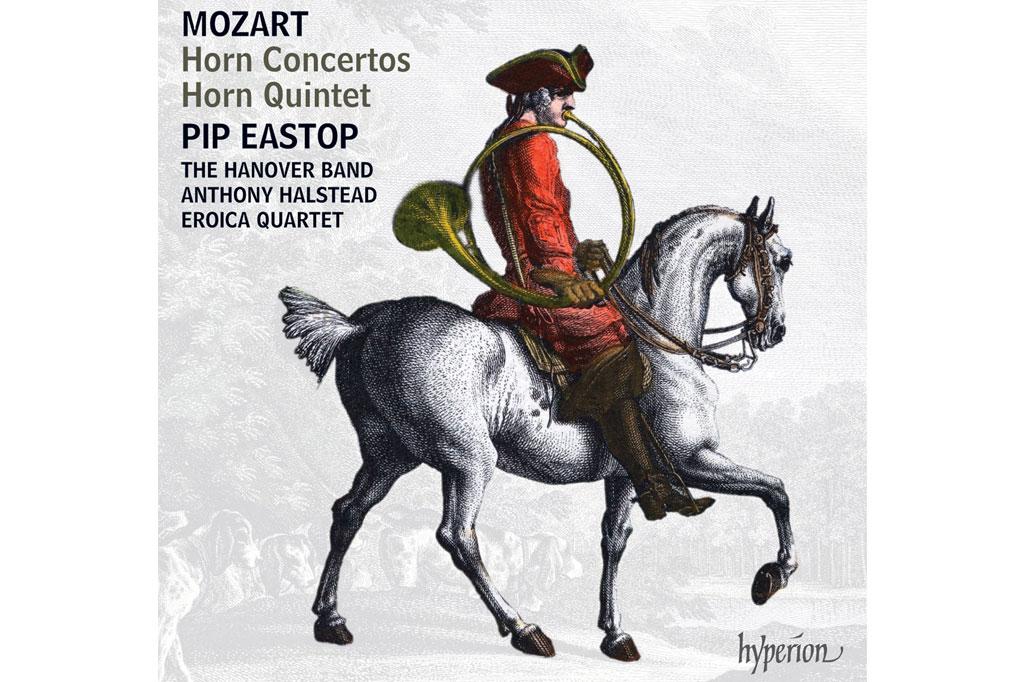Thankfully a far more considered program than previously from the Tallis Scholars, the specific base of the Catholic Mass allowed a well-mixed group of extracts from larger compositions. Dedicated to the 100 year anniversary of the Second World War the choir’s introduction was a very short monody to “L’Homme Arme” sung by the male voices and bringing in its wake a reflective and subdued choir and audience.
Answering the statement of the monody was Josquin’s “Kyrie” from his full mass of “L’Homme Arme.” Clear and well presented, the cantus firmus was followed by some slightly unbalanced polyphony across the choir though the tenor section coped well with some very high parts. The first of Guererro’s extracts ensued; voices hushed in volume created the atmosphere of sanctity, though sadly again male voices were slightly dominant to sopranos. Nevertheless a solemn three voice “Domine Deus” in the middle section served to show the rich quality of the female voices of the choir.
Using the technique The Sixteen are famous for, Peter Phillips’s chose to intersperse several modern works between the more traditional Renaissance sacred pieces; Pärt featuring in the first half and Tavener in the second.
The Pärt, used as a device to represent the reading in the mass, paired solemn harmonically meticulous writing with woeful dissonance. Use of homophonic lines over polyphony built the suspense of the piece well and paralleled Jesus’ expectation of his death with the soldiers expecting theirs in going to war.
The Mouton responded with a song of mourning that also brought us increased passion and performance from the choir. Precise phrasing and a restrained performance of the canonic parts impressively conveyed the sweet sadness and reflected grief of a nation.
With the next two pieces we returned again to Renaissance Spain, and although both excellently performed and excellent pieces in their own right the Lobo could easily have been sacrificed with the Mouton already included and the Guerrero acting as an excellent credo. However the choir did seem to pick up much more through these pieces with lovely tone coming from the upper registers and much improved balance overall.
Opening the second, shorter half was a majestic piece by Victoria. Contrasting with the first half performance, the choir showed enhanced energy and verve and expertly wove unusual and tricky harmony. More polyphonic interweaving followed, with Guerrero returning the choir to the reflective tone of the first half but unfortunately losing some of the energy and balance.
Happily then the program turned to Tavener and his stunning “Song for Athene.” An impressive bass drone acted as a cantus firmus with the other parts wrapping themselves skillfully around it. Use of the pentatonic created a more Eastern sound with movement of major and minor harmonies enabling the choir to lift the piece back and forth between abject misery and acceptance of sorrow. Crescendoing to finish, the choir confidently kept this power through the two “Agnus Dei” of Palestrina but reverted back to a more contrapuntal style with call and response parts showing beautiful soaring tone from each section of a thinned out choir.
Finishing appropriately with the “Libera Me” from Victoria, alternating polyphony with plainsong chant the Scholars then returned for an encore of “Versa Est,” Victoria’s interpretation, ending this brave choral series on a suitably high note.





